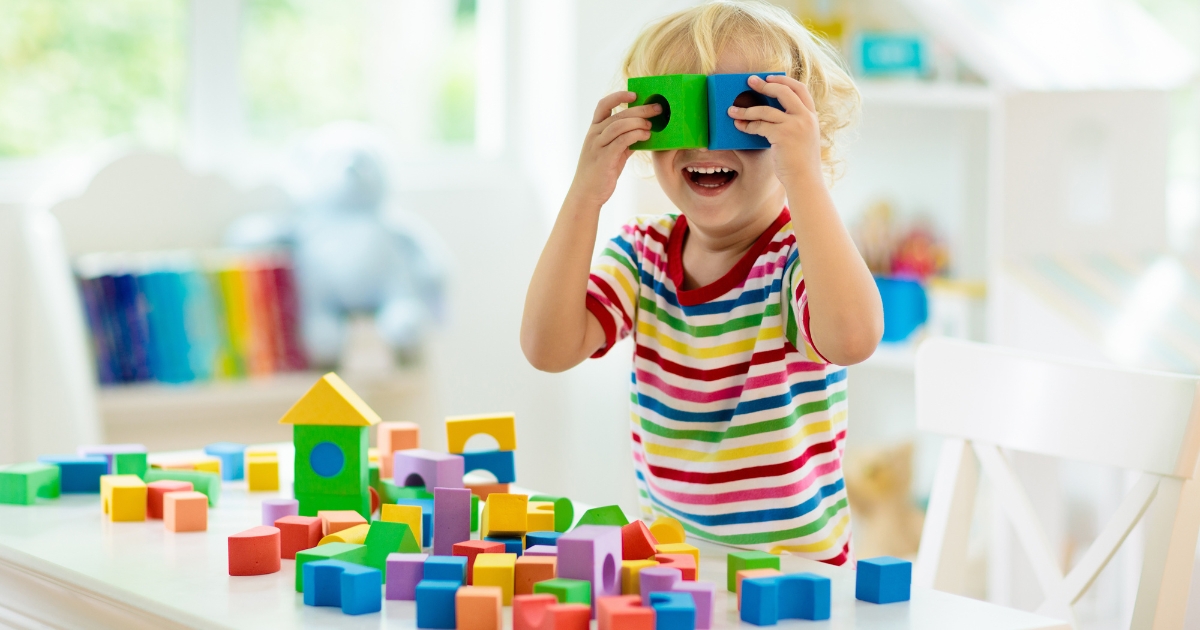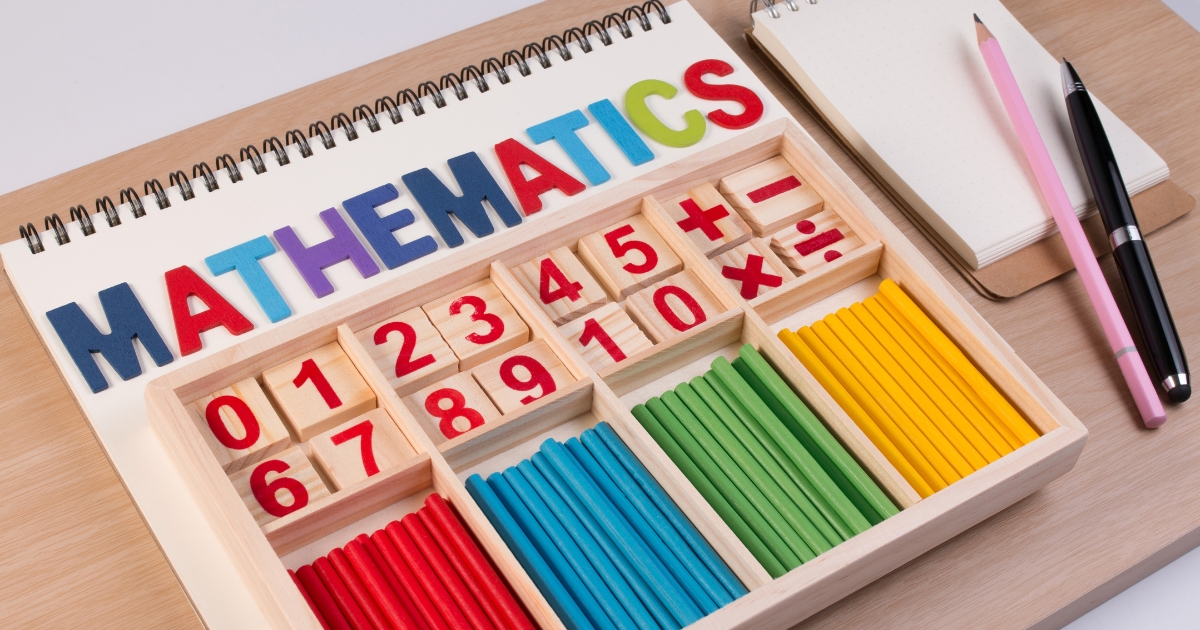Homeschooling creates an incredible opportunity to tailor learning to kids’ individual needs. Math, however, can be a challenging subject to make engaging for some children. The key? Incorporating toys and games into your homeschooling routine can transform abstract math concepts into enjoyable, hands-on learning experiences.
This guide explores the best math toys for kids, specifically chosen to help parents engage their young learners in fun and meaningful math exploration. From educational games that sharpen critical thinking skills to hands-on tools designed for tactile learning, these recommendations will inspire your child’s natural curiosity while strengthening math fluency.
1. Educational Math Games That Teach Through Play
Game-based learning is an effective way to help kids absorb and retain mathematical concepts. Many educational games combine logic, numbers, and strategy to make math fun and interactive.
Here are some of the top educational math games to consider:
Board Games Focused on Numbers
- Sum Swamp
This popular board game is perfect for early learners. It uses addition and subtraction to guide players through a swamp full of friendly creatures. Kids practice foundational math while enjoying fast-paced gameplay. - Prime Climb
Aimed at older children, Prime Climb introduces multiplication and division through a colorful, strategy-based board game. It’s a fantastic tool for building number sense and learning about prime numbers. - Monopoly Junior
While not exclusively math-focused, Monopoly Junior reinforces counting, addition, and simple financial concepts. Younger kids will love learning with its playful design and relatable themes.
Card Games For Quick Math Practice
- Math War
This card game builds fluency with basic operations like addition, subtraction, multiplication, and division. Since it’s fast-paced, it keeps children motivated and engaged. - 24 Game
This intriguing game challenges kids to combine four numbers to make 24 using a mix of operations. It’s an excellent way to promote mental math and creative problem-solving.
Interactive Digital Math Games
- DragonBox Series
Loved by educators, the DragonBox series introduces algebra and geometry concepts in a highly visual and game-like format. These apps break down intimidating math topics into engaging puzzles for kids. - Prodigy Math
Prodigy takes math practice into an adventurous world where solving equations unlocks new levels and powers. Parents can even customize the skills their child is working on so it aligns with their curriculum.
Educational games foster a healthy competitive spirit, making learning not only effective but also memorable. Introducing one or two game nights into your homeschool schedule can make a big impact!

2. Hands-On Math Tools For Homeschoolers
For kinesthetic learners who thrive on tactile experiences, manipulating physical objects can make abstract math concepts more tangible and accessible. These tools encourage exploration, helping kids gain confidence in their abilities.
Best Tools for Counting and Number Recognition
- Counting Bears with Pattern Cards
This set of colorful bears helps young learners practice counting, sorting, and patterns. Including cards that suggest activities or challenges makes it perfect for ages 3-6. - Abacus
A classic tool for enhancing basic arithmetic skills, the abacus is ideal for visualizing addition, subtraction, and even multiplication. Its sliding beads turn simple computations into a satisfying experience for kids. - Hundred Board
A hundred board allows kids to explore concepts such as counting by tens, sequences, and basic operations. It provides a clear layout, making it easier for children to grasp the patterns in numbers.
Tools for Fractions and Geometry
- Fraction Circles and Bars
Understanding fractions is more intuitive when kids can see different units in action. Fraction circles are great for visual learners, while bars help with comparing values. - Geoboards
Geoboards use rubber bands and pegs to explore geometric shapes, symmetry, and spatial reasoning. Kids can follow templates or create their own designs to develop a deeper understanding of geometry. - Tangrams
Tangrams promote problem-solving as kids rearrange geometric pieces to form specific shapes. Tangram puzzles improve spatial reasoning while connecting geometry to creative play.
Tools for Advanced Math
- Base Ten Blocks
A staple in homeschooling, these blocks illustrate numerical values and allow kids to explore place value, addition, and subtraction with hands-on building. - Algebra Tiles
Algebra tiles provide a visual way to simplify expressions, solve equations, and factor polynomials. Introducing these tiles early can demystify pre-algebra concepts for growing learners.
Hands-on tools are small but mighty additions to your homeschool library. These manipulatives not only encourage creative exploration but also help reinforce the “why” behind math processes.
3. STEM Construction Sets That Bring Math To Life
Math and engineering go hand in hand, and many construction sets allow kids to explore both simultaneously. These STEM-based toys encourage problem-solving, logical reasoning, and spatial awareness.
Magnetic Building Kits
Magnetic sets like Magformers or Geomag introduce geometry and structure. Children learn as they build 3D shapes and connect magnetic pieces. They can explore concepts like symmetry, angles, and shapes in a hands-on way, sparking curiosity about how objects fit together.
LEGO Technic
Legos extend beyond creative play. The Technic line includes gear systems, pivots, and beams that allow kids to explore engineering alongside math. Whether constructing a functional crane or designing a model vehicle, kids naturally interact with measurement, proportions, and balance.
Marble Runs
Marble runs, like GraviTrax, offer lessons in velocity, gravity, and spatial planning. Kids must use trial and error to construct pathways that guide marbles toward specific endpoints. The focus here is on reasoning through cause and effect, a skill highly relevant to mathematics.
Wooden Block Sets
Classic wooden blocks might look simple, but they’re foundational for exploring measurement, balance, and symmetry. Sets like Kapla Planks enable intricate designs, requiring precision and planning.
By blending math skills with creativity, STEM construction sets create immersive and rewarding learning opportunities for kids of all ages.
4. Exploring Math Concepts With Everyday Toys
Sometimes, the most effective tools for math learning aren’t labeled as “educational” at all. Everyday toys can provide natural and entertaining ways to explore math concepts.
Play Money and Cash Registers
Pretend cash registers with toy coins and bills offer hands-on opportunities for practicing addition, subtraction, and basic financial literacy. Kids can role-play as shopkeepers while learning real-world applications of math.
Puzzles
Look for puzzles with numbers, shapes, or spatial patterns. Puzzles help children develop logic skills, pattern recognition, and visual-spatial awareness, all of which are critical to mathematical thinking.
Creative activities like making patterns with beads, crafting symmetrical designs, or folding origami are excellent examples of math hidden within art. These tasks allow kids to explore symmetry, proportions, and fractions without even realizing they’re doing “math.”
Cooking Tools
Measuring cups and spoons are valuable real-world tools for teaching fractions and proportions. Baking activities can do double duty as a math lesson, making it both practical and delicious. The versatility of everyday toys often means you already have these items at home. Using them as learning tools reinforces the idea that math is part of daily life, making the subject feel more accessible to kids.
Sparking Curiosity
Mathematics doesn’t live in isolation from the real world. When kids use toys and tools that involve decision-making, collaboration, or creative problem-solving, they develop additional skills, such as logical reasoning and persistence. For example, using a fraction bar to divide “pizzas” fairly among friends brings math alive in personal and meaningful ways. Similarly, playing board games teaches not only numerical fluency but also patience, strategy, and social connection.
The most successful math exploration involves sparking curiosity, not pushing perfection. When children approach math as a game or puzzle to solve, they’re more likely to persevere through challenges and apply the same mindset to other subjects and problems.
With the right mix of educational games, hands-on tools, and STEM toys, math becomes more than just a subject in your homeschool curriculum. By introducing these engaging resources, you can transform how your child learns, helping them approach math with confidence and curiosity. Whether through colorful fraction circles, strategic board games, or creative construction kits, every activity adds value to their math fluency and problem-solving skills.



